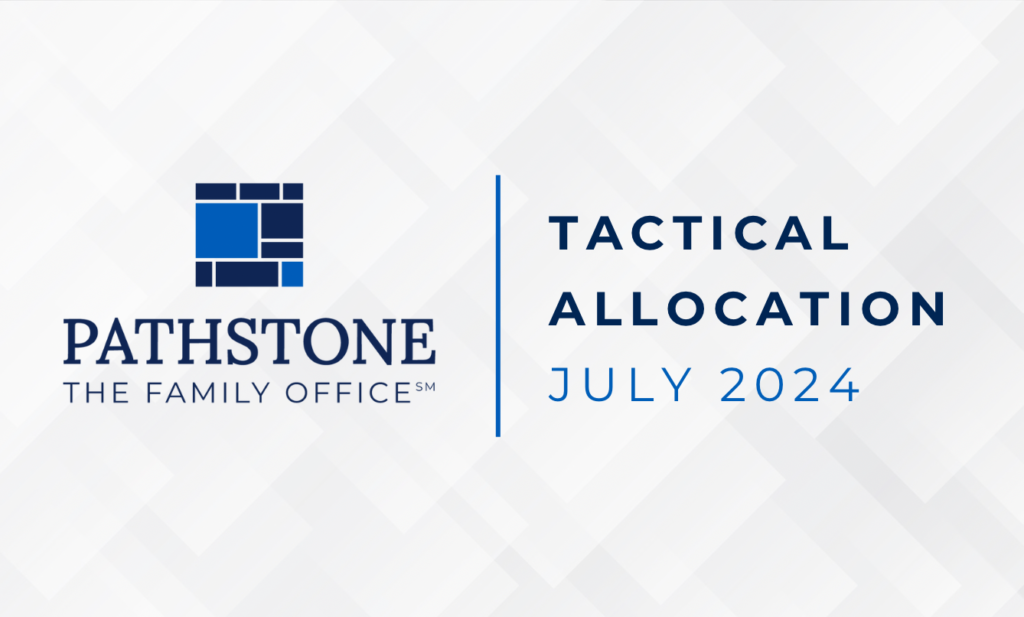Select Tax Provisions
- Extends through 2021 both the $300 above-the-line charitable deduction ($600 for joint returns) and the 100% of adjusted gross income (“AGI”) charitable itemized deductions provided by the CARES Act. These rules apply only to cash gifts to public charities (excludes Donor Advised Funds, Private Foundations, etc.).
- Extends through 2021 the increased corporate limit on charitable deductions (up to 25% of taxable income).
- Provides new one-year carryover and extended qualified expenditure grace periods for Health and Dependent Care Flexible Spending Plans for 2020-2021.
- Makes permanent the income tax medical expense deduction floor of 7.5% of AGI.
- Starting in 2021, the Tuition and Related Expenses above-the-line deduction is replaced with a more generous Lifetime Learning Credit, which phases-out at the same income levels ($90,000 single / $180,000 joint) as the American Opportunity Credit.
- For 2021-2022, increases deductibility of business meals at restaurants from 50% to 100%.
- Extends tax-exclusion for employer-paid employee student-loan debt (up to $5,250) to 2025.
- Extends tax-exclusion for the discharge of indebtedness income on qualified personal residence short-sale deficiencies through 2025, although reduces maximum amount from $2M to $750k.
Rebate Checks and Unemployment Benefits
- Includes a provision for an additional Recovery Rebate payment of $600 per eligible individual. An eligible individual includes the taxpayer, the taxpayer’s spouse, and any children for whom a Child Tax Credit could be claimed. Eligibility phases out at a rate of $5 per $100 of AGI in excess of $75,000 single / $112,500 head of household / $150,000 married. As with the initial rebate payments, these are reportable as a credit against 2020 taxes and are therefore tax-free to the recipient.
- Provides an extension of Federal Pandemic Unemployment Assistance, which provides supplemental federal payments of $300 per week (in addition to state unemployment insurance) through March 14, 2021, up to a maximum of 24 weeks. Original supplemental payments under the CARES Act were $600 through July 2020 and were subsequently reinstated via Executive Order by President Trump at $300 per week through the end of 2020.
Federal Emergency Lending and Employer Incentive Programs
- Provides extension and clarifications related to the Paycheck Protection Program (PPP), including:
- New funding for first-time and so-called “second draw” forgivable loans to eligible businesses (up to $2M) under the modified PPP2 program.
- Second-time loans are limited to businesses with <300 employees and at least a 25% drop in gross receipts in a 2020 quarter compared to the same quarter in 2019.
- Expansion of PPP-eligible expenses, including employer-paid employee benefits, certain software and technology expenses, operating expenses, property damage costs, supplier costs, and worker protection-related expenses.
- Expansion of PPP eligibility for nonprofits, local newspapers, and TV and radio broadcasters.
- Clarification to allow full deductibility for expenses paid with forgiven PPP loans, certain loan forgiveness, and other financial assistance provided under COVID-19 legislation.
- Simplification of small loan forgiveness procedures and administrative safe-harbors.
- Includes extension and expansion of CARES Act Employee Retention Credit for eligible pandemic impacted businesses through June 30, 2021.
- Extends employer credit for paid sick and family leave through March 31, 2021.
- Extends eligible Economic Injury Disaster Loan (EIDL) grants through December 31, 2021.
- Extends repayment period for deferred payroll taxes to December 31, 2021.
- Provides new dedicated funding for live venues, independent movie theaters, and cultural institutions.
We expect more commentary and interpretations related to this legislation early next year as the 117th Congress convenes. Additionally, President-elect Biden has described the new law as merely a “down-payment” on the relief and stimulus he will pursue following his inauguration. Accordingly, we will continue to monitor and report as Washington formulates its next COVID-related response. In the meantime, if you have specific questions related to anything discussed above, please speak with your Advisor.
As always, your Pathstone client service team is here to help you navigate these issues and opportunities and provide assistance with all of your planning needs.




















